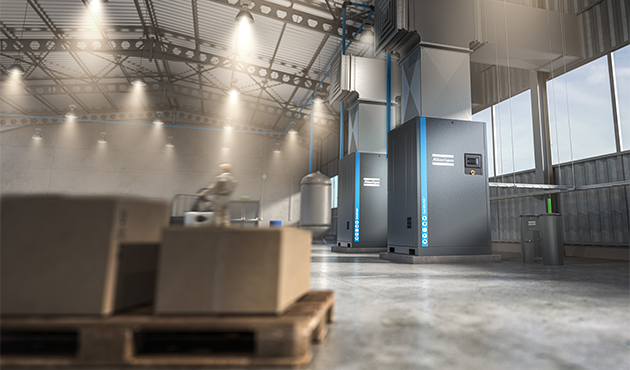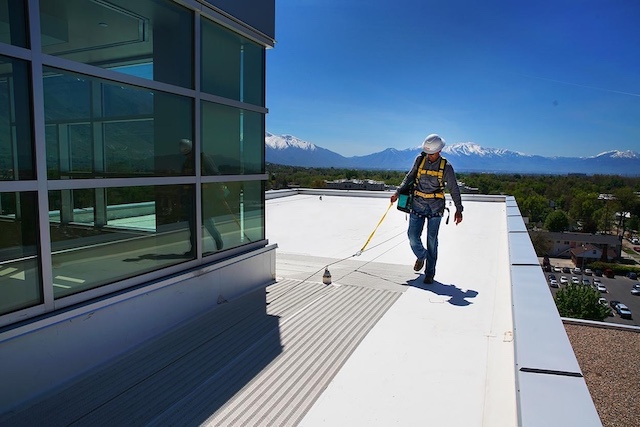Iterate Labs' wearable devices help ensure social distancing in the workplace so people work safely during the COVID-19 pandemic.

Iterate Labs, a Cornell-based startup, has expanded the features of its platform’s technology to help ensure social distancing in the workplace and enabling companies to bring employees back to work safely amid COVID-19.
Iterate Labs was launched in 2016 with the goal of creating wearable technologies and software to improve workplace ergonomic safety and risk assessment and reduce workplace repetitive-use injuries. But in response to the COVID-19 pandemic, Iterate Labs has significantly enhanced the accuracy and real-time reporting capabilities of its location awareness and contact tracing technologies.
The wearable devices, which can be attached to a worker’s wrist or arm or be worn around the neck, measure and enforce social distancing with vibrations and audio alerts to notify workers when they are too close to colleagues. The wearable devices are synced to an online dashboard, which quickly identifies who may have been exposed to a worker with COVID-19 and allows operations managers to be proactive in limiting the spread of the virus.
During Iterate Labs’ initial research for social distancing technologies, the engineering team realized Bluetooth low-energy technology was producing false alarms, and instead ultra-wide band (UWB) technology was required, which is precise to around 4 in.
“With UWB technology, we don’t see false alarms, which is important,” said Apoorva Kiran, CTO and co-founder. “A false positive makes people nervous in the workplace, and a false negative could lead to the spread of COVID-19.”
The team examined privacy and liability in developing the wearable devices’ software. Yunyun Wang ’21, a 2020 Kessler Fellow and College of Engineering student, conducted extensive customer interviews to inform the development of the user interface. Wang incorporated privacy guidelines into the software design, after completing a contact tracing certification program issued by the Centers for Disease Control and Prevention.
“The most important consideration when designing such tools,” Wang said, “is addressing how we can develop technology that produces lifesaving insights for containing the spread of COVID-19 without jeopardizing individual privacy rights.”
Another engineering student, Ambikaa Jaggi ’21, adapted the startup’s existing UX design to the challenge of social distancing in the workplace. “She knew our safety platform in and out,” Kiran said, “and was able to whip up a new solution and hit the ground running in a relatively short amount of time.”
Iterate Labs’ social distancing and contact tracing is currently being piloted in a Cornell research lab, and their core platform is being piloted by some of the largest food processors in the United States, representing nearly half of U.S. meat processors and a half-million workers.
– Edited by Chris Vavra, associate editor, Control Engineering, CFE Media and Technology, [email protected].



